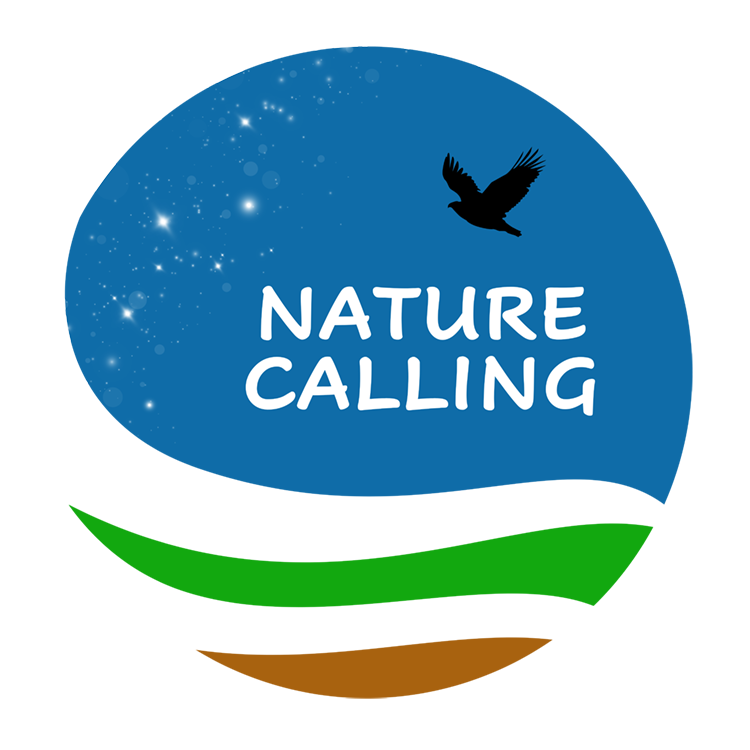It was really refreshing to have a conversation with my mate, Dr Thomas Bristow, an expert in ecopoetics, and Senior Editor of the journal i am also an editor for, PAN: Philosophy Activism Nature. Tom wanted to chat about what the Romantic poets – Blake, Yeats, Wordsworth, Byron and co – saw in nature, and in particular what they learnt from listening for the spiritual aspects of the earth. It was a fun yarn and we touched on many aspects of the subject matter, following a handful of questions, or prompts, in a free range flow. Tom called this chat ‘Romantic Vision’ and you can access the video of it here (no pressure, but Tom tells me this may only be posted for a limited amount of time).
But first, i must wonder aloud about the value of literary explorations, poetic conversations, appreciating the Romantics and attuning ourselves to our local ecosystem in an age of planetary destruction. There’s a point in the interview where i admit that Thich Nhat Hanh might be right: perhaps what we most need to do is to hear the earth crying. This is not a very good sales pitch. And it’s probably only true to a certain extent: we are also a miraculous incarnation of consciousness in a primate body, embodying the spirit of life in a fantastically rich way, a celebration waiting to be had. My point is that opening our minds to the Deep Listening that i suggest at the culmination of this chat is not necessarily going to make you happier, but it may very well help you to be liberated from some of the more innocuous yet pervasive limits of your mind. Worth a shot?

To get there, Tom and i talked over the resurgence of European myth in the 18th century, which inspired Romantic poets to personify or anthropomorphise the environment, as a means to address ‘nature’, to represent vast fields of energy, beyond the human scale, and to create textual events that trigger legacies of ecocentric writing and orality. If you’re interested in the historical development of Western consciousness, you might enjoy our riff on how Romanticism worked as a response to Enlightenment. My key term for this was the ‘suprarational,’ which i saw as an attempt to develop consciousness beyond the human, to include our ancient predilection for pantheism, or notion that intelligence is a quality of the universe, or another dimension, which arises with this one (or even as its prerequisite).
This reminded me of the intelligence we find in nature, which is revealed in the way plants reach for the sun, or animals know instinctively how to hunt prey or follow seasons or find their way back across entire oceans to their birthplace. I can’t help but feel that for all of our technological development, the modernised psyche is a truncated version of something that could be far greater, in scope, depth and alacrity. We need to incorporate reason into our toolbox but be ready for so much more, when we open our minds to a conversation beyond the merely human, with plants and animals and places.

This more open-minded consciousness could also perceive more beauty in the world and thereby require less stuff from human society and production. There’s more to say about how recognising spirit of place can help protect the natural world, but i’m writing that for the next issue of PAN, so i’ll keep the water nymphs and satyrs for then.
When we are alive to the ecomythic dimension of life, human consciousness opens up to what actually is arising in nature, which is other forms of intelligence. This can also be called animism, which indigenous people have always said is real, not metaphorical: spirit beings, spirits of place, and spiritual entities are all other types of intelligent beings, which exist but do not take physical bodies in this dimension with us. They represent life force, sometimes of that place, sometimes from beyond. If we want to learn from them, we have to put aside our historical, socialised self, and enter into a trance of timelessness, beyond our personal foibles and concerns. Even as we are thoroughly enmeshed in capitalism and colonisation, simply by being alive in the world today, we can turn our backs on the worst of it, the most obvious effects it has on our minds, and find ourselves as we also always were and are: trailing clouds of glory, as Wordsworth wrote in his Ode on Intimations of Immortality.

Tom asked how we get there. I can only humbly suggest we meditate in sand dunes, or under trees, or by a babbling brook (or, if you’re in urban lockdown, on a pot plant and its own mysterious urge to live). A great place to start is with Miriam Rose Ungunmerr, who made the practice of Deep Listening more accessible to the public, especially helpful for non-Aboriginal Australians living on this ancient land.
Then maybe, if we can quieten the voices of our humanity for long enough, we might be able to hear the muses still, as they sing the song of the earth, for those who will listen.
*NB: Please Subscribe, Share, Comment … anything! It’s much more satisfying to write these posts when there is a conversation going on, believe me.*

